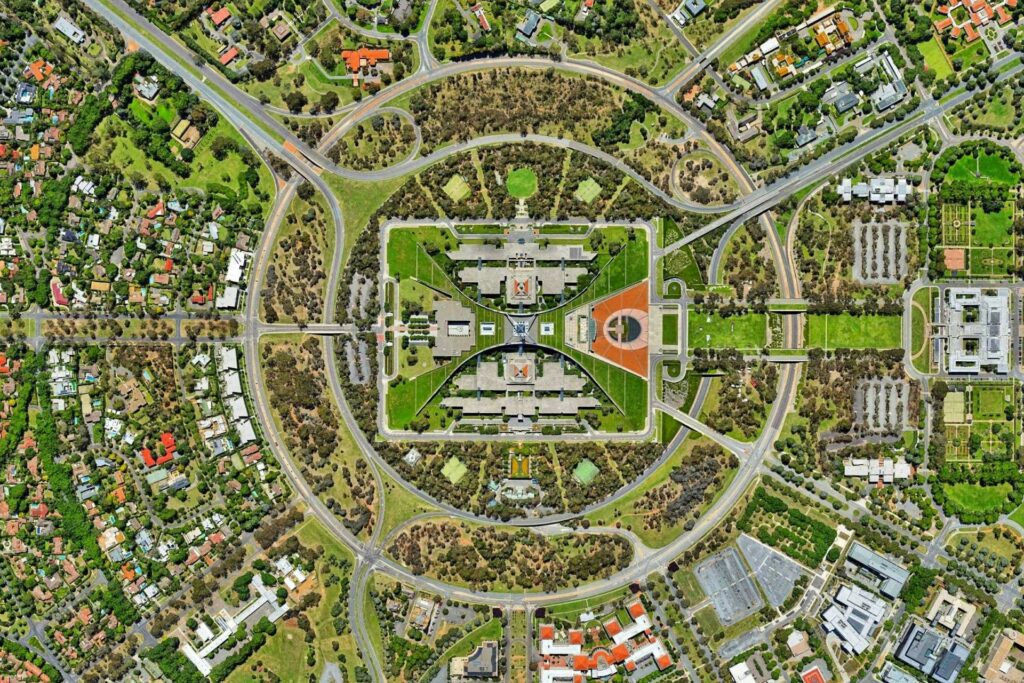This submission to the Commonwealth Attorney-General’s Department responds to the development of a new specialised and trauma-informed legal services pilot for victims and survivors of sexual assault.
Thank you to the Commonwealth Attorney General’s Department (AGD) for including Health Justice Australia in the consultation for the development of this new legal services pilot. We acknowledge the time that the AGD is taking to hear different perspectives to inform the design of the pilot, in particular the critical input from victims and survivors of sexual violence.
We appreciated the constructive conversation in the session held with the Legal Assistance Advisory Group on May 1, 2023. As evidenced by the consultation discussion, health justice partnership (HJP) is a viable and effective service approach already responding to the intersecting health, legal and social needs of victims and survivors of sexual assault.
Whilst we were able to share our input at that time, we wanted to reiterate recommendations for principles to underpin the policy framework to support the successful development and implementation of this pilot.
Flexibility in funding and design
The ability of the pilots to deliver a survivor-centred, holistic, multi-sectoral, trauma-informed service response, will depend on the capacity of the services to have appropriately skilled and well supported workforce. This service design will need to consider workforce challenges and access issues on a community-by-community basis.
- In the consultation, advisory group members noted that non-legal practitioners, such as social workers, financial counsellors, and specialised cultural support workers, are critical to a trauma-informed service response, but that these roles would likely fall outside the remit of use of funding. We acknowledge that it is likely that these pilots will ideally leverage existing service collaborations, through which non-legal practitioners may be resourced. Our experience with existing health justice partnerships is that the role of these non-legal practitioners is often critical to the effectiveness of the legal service intervention. We strongly encourage the design of funding to be as flexible as possible, to resource practitioners in support of the legal assistance investment, and for the AGD to actively explore opportunities for states and territories to commit to building service capacity through cross-portfolio resourcing of non-legal practitioners as required.
- Health justice partnership practitioners emphasise that sexual violence is frequently part of the experience of domestic and family violence, and as such their services respond to sexual violence in this context with a holistic service model. Whilst it is most critical to address immediate safety concerns, support to enable and sustain safe, long-term change is also vital. This could include legal help for issues as diverse as family law around separation, parenting and financial arrangements, social security, housing, employment, immigration, and child protection related issues. We encourage the department to build a policy framework that facilitates flexibility within the pilot for service models that can provide legal assistance in response to diverse needs of victims and survivors and their families.
- Successful cross-sector, person-centred partnership requires time and investment in building relationships and establishing the foundations for collaboration. We note that the department will be encouraging states and territories to consider the readiness of service models, and the extent to which there is existing expertise and relationships established. What this pilot investment aims to achieve however, is service innovation to meet an identified gap in current service responses. This will inevitably require new staff to be brought on board, and new relationships to be established (including new governance and working arrangements). Our experience with health justice partnerships has demonstrated that investment in the establishment phase for multi-sectoral, collaborative partnerships is essential, even where there are existing partnering relationships in place. We encourage the department to acknowledge the importance of this investment, and to enable services the time and scope to resource partnership capability building support (e.g., brokerage) as required.
Outcomes and evaluation
The department confirmed that pilot funding will be distributed through the various funding arrangements with states and territories, and that the legal assistance data reporting for these pilots will utilise the existing NLAP reporting processes.
- As noted in the consultation, we strongly encourage the department to consider an outcomes framework that captures data beyond justice indicators (i.e., cross-portfolio, including health and social measures), as well qualitative data around individual experiences of victims and survivors.
- An assumption from a multi-disciplinary, partnership service approach is that there is benefit in services working together, holistically, beyond outcomes that services could achieve separately. We encourage the department to include services in the design of the evaluation as early as possible, and that the parameters of the evaluation consider the benefit of working in partnership. For example, this could explore the role of legal assistance in building capacity of other services to identify a variety of complex legal issues (legal education), the difference that partnership makes to practitioner capability (both legal practitioners and other services), and the experience of a collaborative service response from the perspective of the victims and survivors.






